
Created May 10, 2024
Welcome to this week’s Bill Harvey Blog.
The inability to pay attention is a symptom of EOP (Emergency Oversimplification Procedure). My theory of Acceleritis postulates that the amount of question-producing stimuli experienced by the average person per day has been increasing ever since the start of written language. This produces information overload and the tendency to hasty closure – making up one’s mind too fast. It also causes reduction in considering the ultimate questions because we are too busy keeping up with the pace demanded of us by those around us, including media. The natural awe and wonder at life and the universe every child feels, fades away.
Do you let people complete whole sentences without jumping in to say something?
In EOP, one has little patience, because everything is happening too fast, and a part of oneself that wants to do everything perfectly is perpetually frustrated by this. Which makes us rush others to complete their thoughts.
Many people who have not yet been formally diagnosed as ADD or ADHD also have it.
In a recent New Yorker article, writer Nathan Heller cites a study by medical software company Epic which found an over-all tripling of ADHD diagnoses between 2010 and 2022, skewing even higher among younger people.
Inability to sustain attention doesn’t necessarily get optimally controlled by drugs, which often have side effects that bring down individual effectiveness in other ways. Metacognition would be a more successful medical strategy. Meditation could be more effective than medication in the long run. The optimal combination might include a gradual reduction of the drug and finally its removal.
50–70% of people with autism spectrum disorder (ASD) also have ADHD according to the American Psychiatric Association:
“Attention deficit hyperactivity disorder (ADHD) and autism spectrum disorder (ASD) are both associated with internalizing problems like depression and anxiety, and the two often co-occur. A recent study found that ADHD is more strongly linked to depression than autism. ADHD traits are also a stronger predictor of depression symptoms than autistic traits.
Youth with ADHD and autism are at high risk of experiencing mental health conditions like depression and anxiety. Depression is one of the most common mental health problems in young people with neurodevelopmental disorders (NDDs) like ADHD and ASD. Depression in NDDs can be more severe, have an earlier age-at-onset, and have a worse prognosis than in the typically developing population.
Some factors that might be driving the relationship between ADHD and mental health problems include: Genes linked to ADHD, Stressful life events, Environmental factors, and Social cognitive factors.”
Gallup in May 2023 reported that in 2017, 18-29-year-olds in the U.S. were about average in terms of being diagnosed with depression, but by 2023 that level had increased +68% in just six years, to over one in three people in that age group. The whole population is experiencing an increase in depression. Metacognition is not just a nice to have anymore. It is a must.
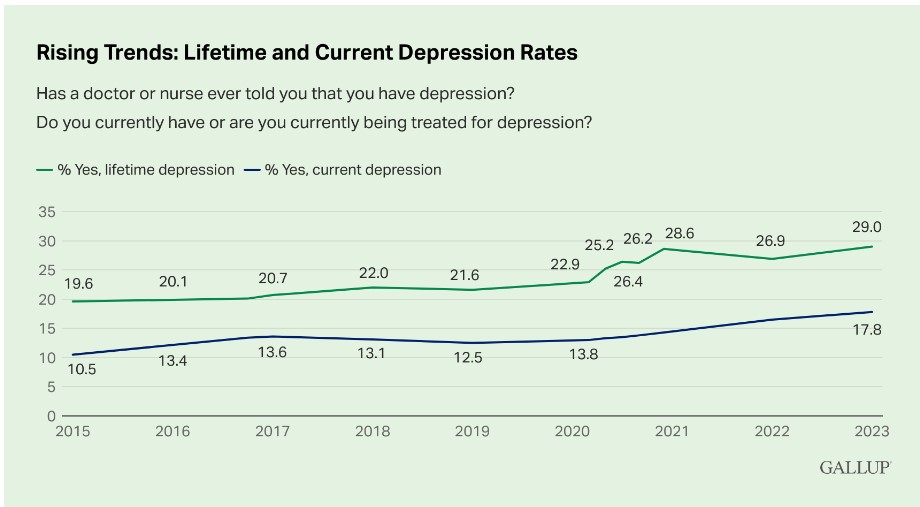
Today science is finally looking objectively at the use of psychedelic drugs for their potential benefits in dealing with medical problems of cognition and affect. The Harvard professors who brought this up in the 60s spelled out the necessary setting and mindsets necessary for such experiments to have the most beneficial effects.
Millions of people today are using cannabis, MDMA, psilocybin, etc. mostly for mood elevation, and can be taught to also use them for self-reflection, under medical guidance respecting the setting and mindset best practices established by the former Harvard professors, much-maligned Timothy Leary and much-beloved Richard Alpert (Ram Dass).
Use of drugs is not a necessity for the achievement of self-awareness, even for those with neurodevelopmental disorders. To demonstrate that semantic and semiotic interventions without chemicals can have beneficial effects, you might try reading parts of this free booklet, The Navigator, from The Human Effectiveness Institute to someone you know who is having any kind of hard time.
Another exercise you might suggest to a person suffering from any of these variations of extreme EOP is to try doing this exercise:
-
- Get out along in nature.
- Find a flower (or any interesting object).
- Contemplate it.
- Maintain eye contact with that object.
- Gently focus your attention upon it.
- Allow it to permeate your mind.
- Notice what you notice about it.
- Sustain this attention for at least one full minute without checking the time.
- If your mind wanders, gently bring it back to the object of contemplation.
- When you’ve had enough of the object, keep your eyes focused on it for a little while longer while using your peripheral vision – without moving your eyeballs – to see how much of the background you can see to the left, to the right, up, and down.
This exercise will also begin to bring attention under your conscious control.
Love to All,
![]()

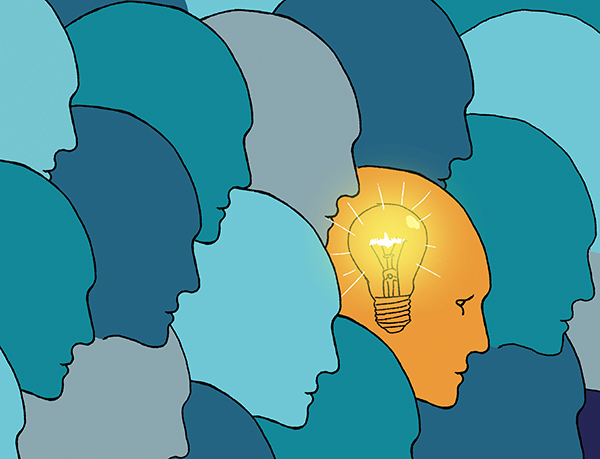
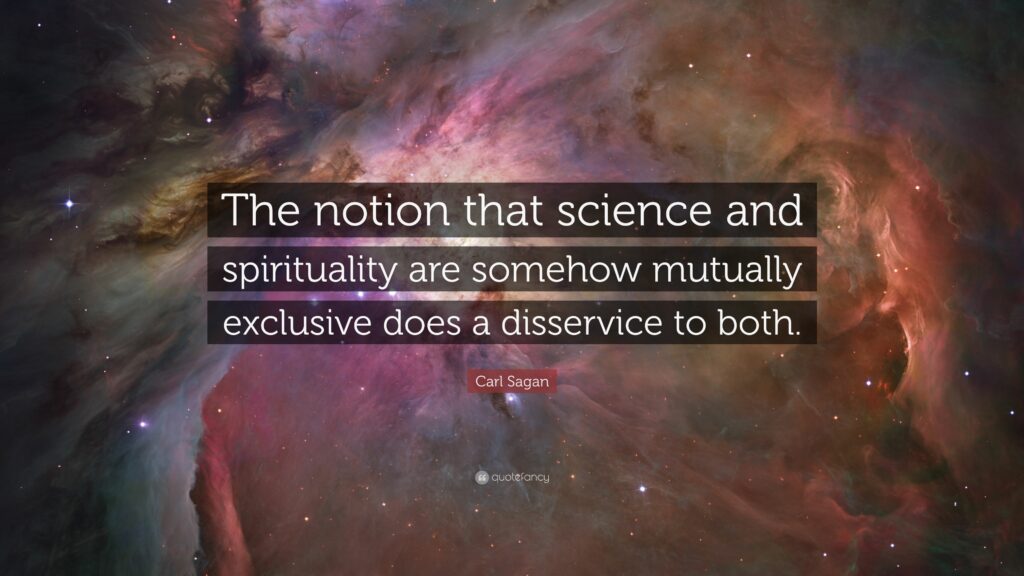
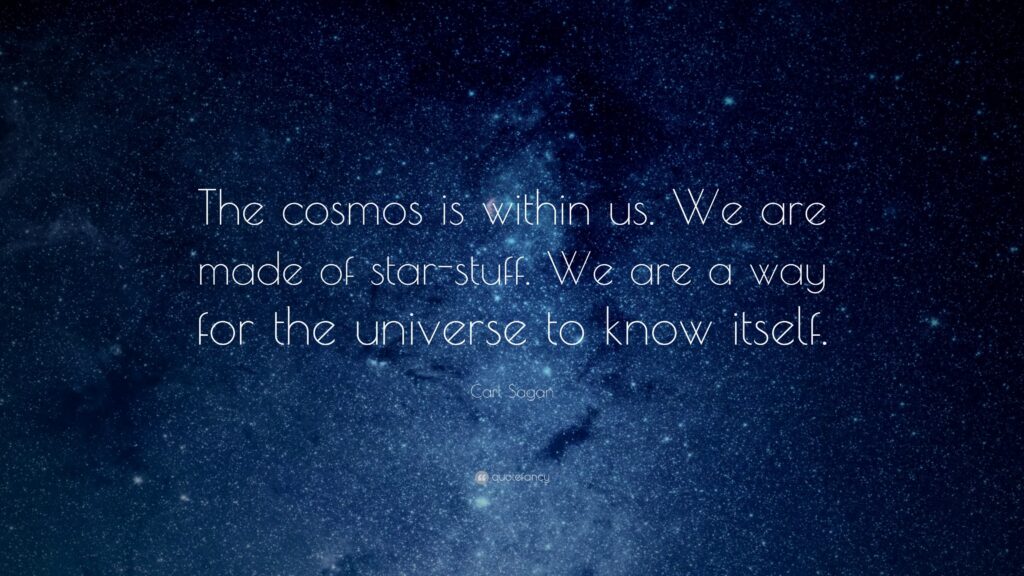
 Predreaming
Predreaming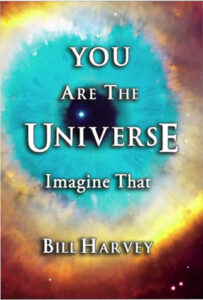 Chapter 17
Chapter 17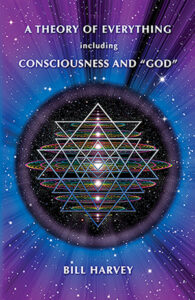 Theoretical support – as documented in
Theoretical support – as documented in